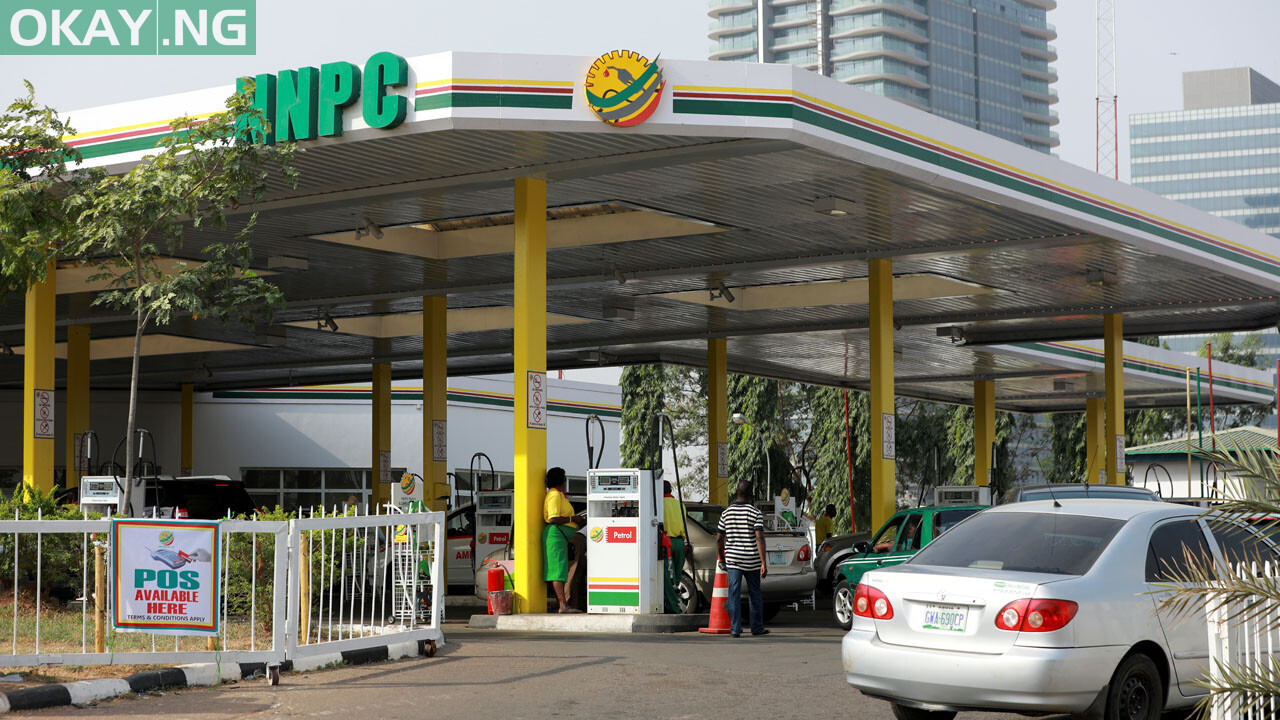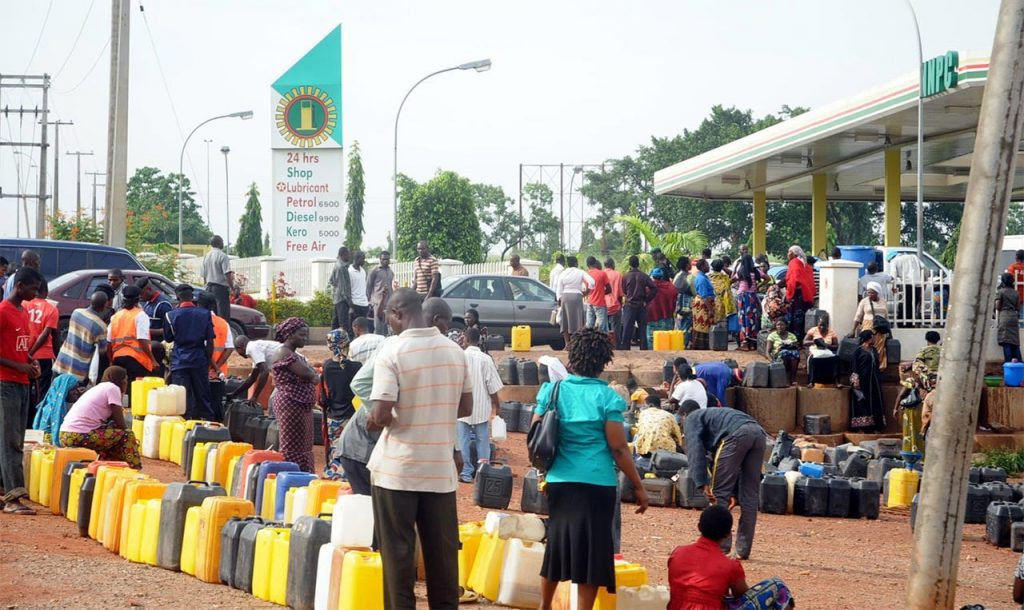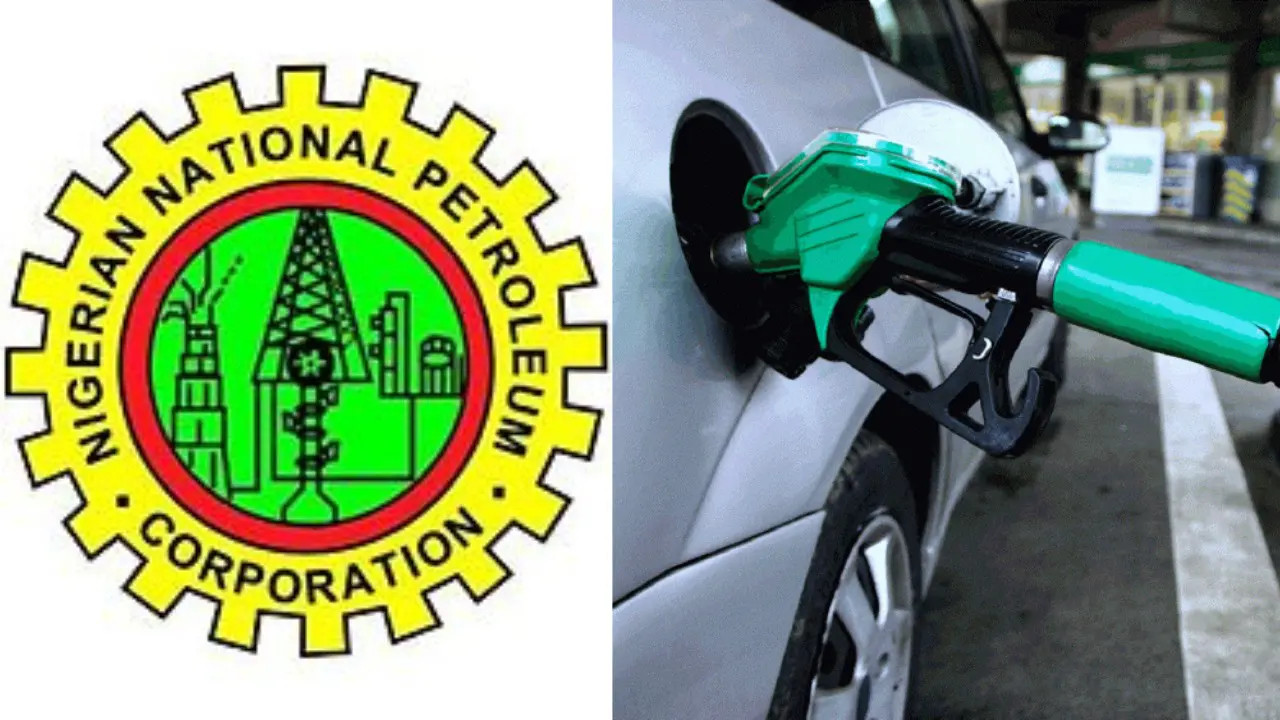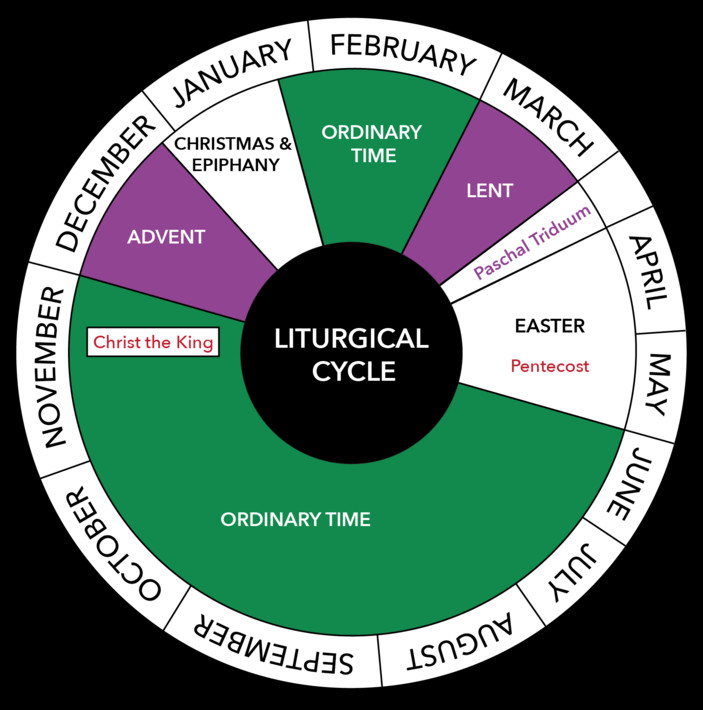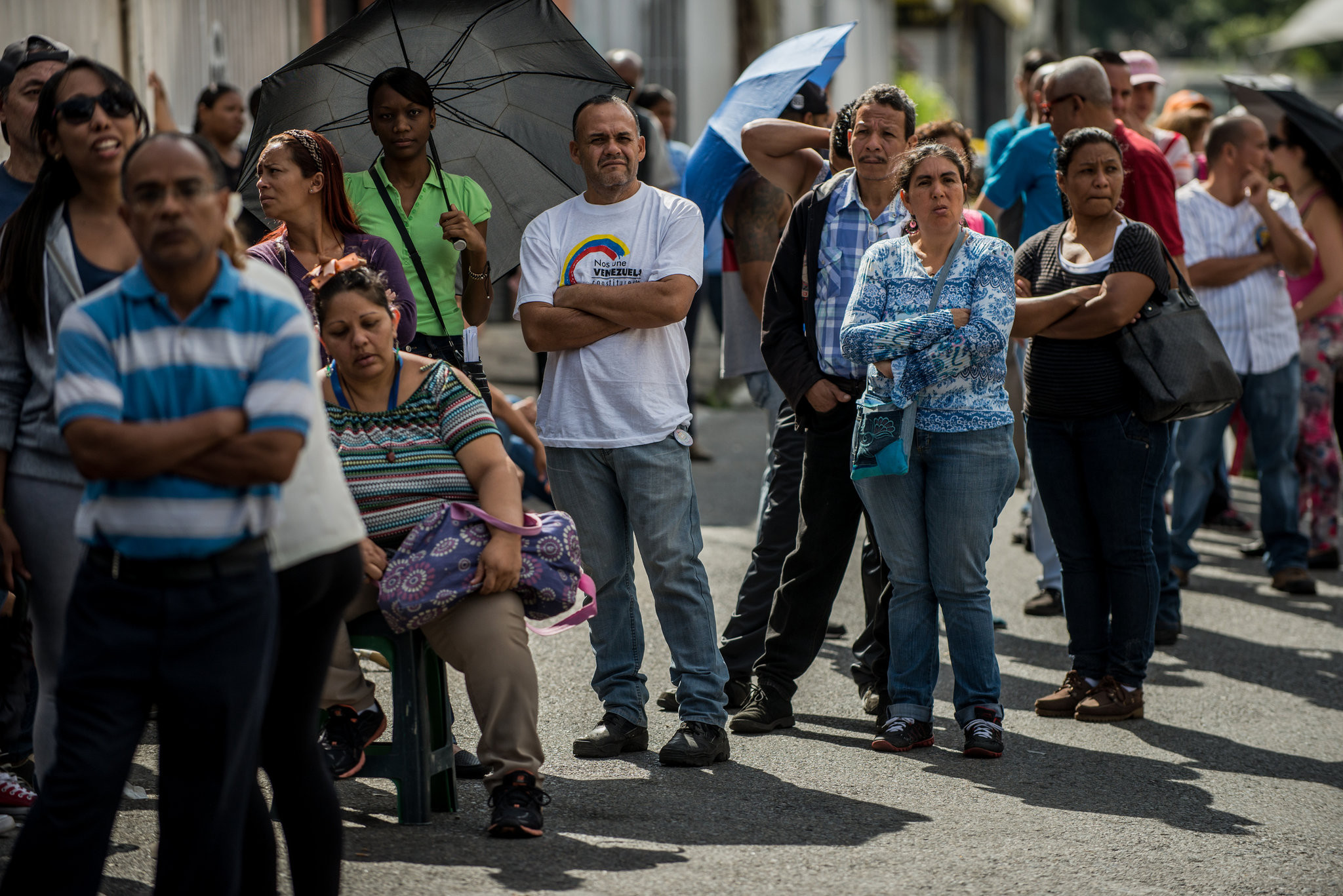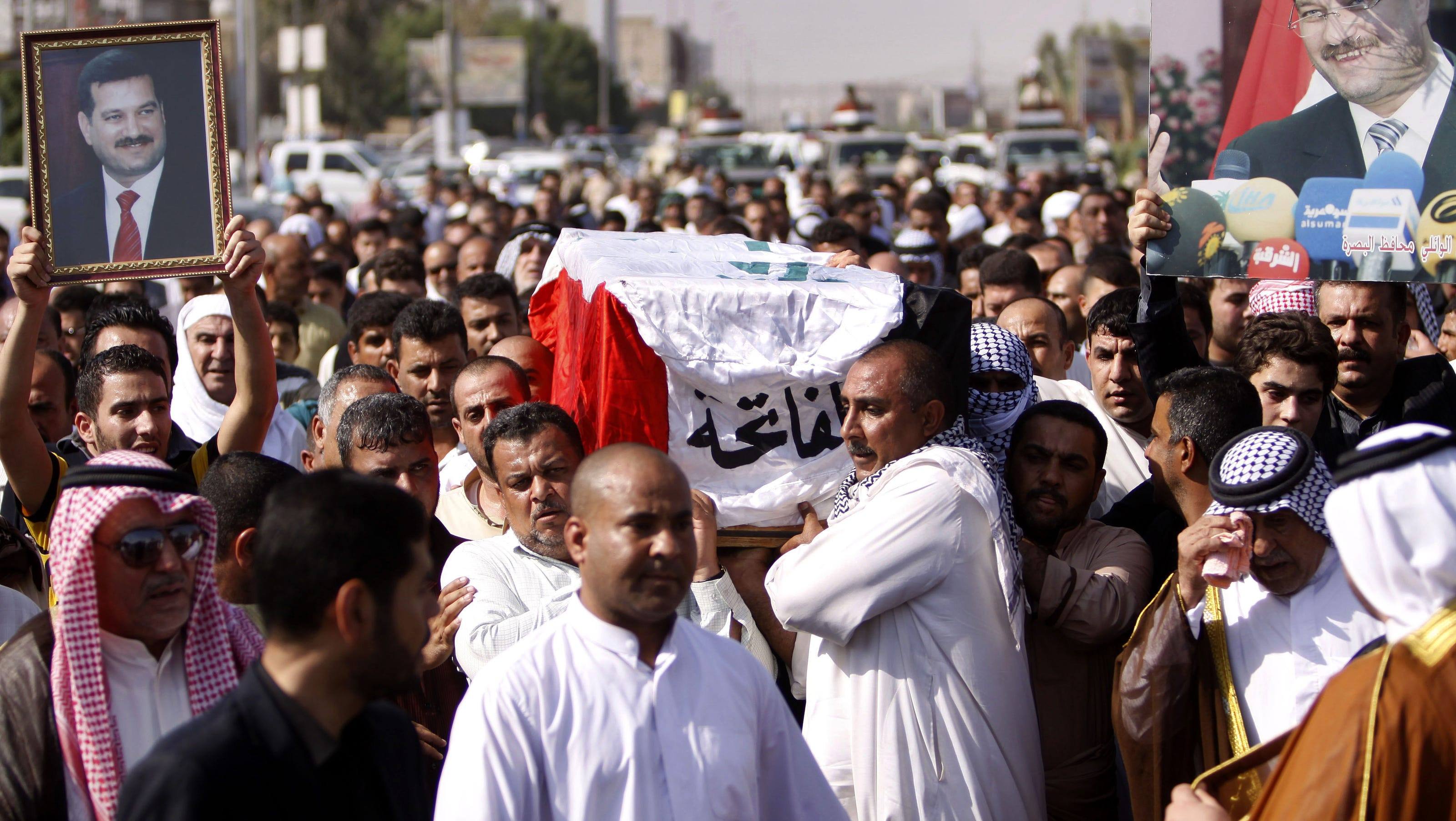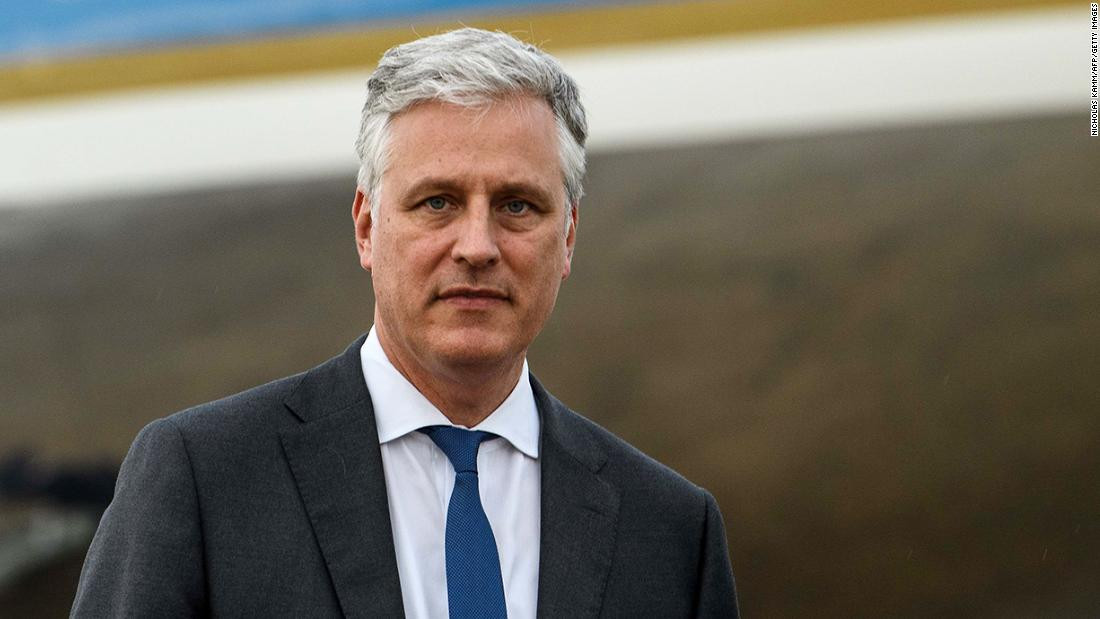In a swift response to the widespread news of a fuel price hike, the Managing Director of NNPC Retail, Huub Stokman, has denied authorizing the message announcing the increase. The message, which circulated widely on social media and among fuel station owners, claimed that the pump price of Premium Motor Spirit (PMS) had been increased from N617/liter to N897/liter, effective immediately. However, in a short message to Journalists, Stokman clarified that the message was not sent by the company and should be disregarded. “This message was not sent by us,” the statement read. “The Corporate Communications team will lead any messages as usual. Please disregard any information suggesting a price hike.”
The NNPC Retail Corporate Communications team has urged the public to rely only on official channels for information regarding fuel prices and other important updates.
NNPC Confirms Fuel Price Hike
Despite the ongoing fuel scarcity across Nigeria, the Nigerian National Petroleum Company (NNPCL) Limited has raised the price of fuel from N650 to N855 per litre. This price adjustment, which appears to be an attempt to mitigate potential backlash, was implemented quietly, with NNPC outlets increasing pump prices by over 30%. The new prices were observed on Tuesday at government-backed NNPC stations in Lagos and Abuja. Meanwhile, privately-owned stations have set their prices even higher, at N897 per litre.
Price Hike Amidst Fuel Scarcity
The price hike is reportedly a response to the rising global fuel prices and an effort to reduce the NNPC’s mounting debt. Just days before this adjustment, NNPC management revealed that the company owes $6 billion to fuel suppliers, a financial burden that has likely influenced the decision to raise prices.
NNPC Denies Price Increase
Incidentally, it has been reported on the field and many motorist have also confirmed this new reality at the pumps, NNPC Ltd spokesperson Femi Soneye has denied any official price adjustment, insisting that the previous price remains unchanged. This denial comes amid widespread public concern and speculation, fuelled by reports of price hikes circulating on social media.
Government Denies Price Increase Directive
In response to rumours that the federal government had directed NNPC Ltd to peg fuel prices at N1,000 per liter, the government issued a statement categorically denying these claims. Nnemaka Okafor, Special Adviser on Media and Communication to the Minister of Petroleum Resources (Oil), Senator Heineken Lokpobiri, clarified that no such directive had been given. The statement emphasized the importance of addressing what it termed “outright falsehoods” being spread on social media.
Fuel Scarcity and Price Hike Impact
The situation highlights the ongoing challenges in Nigeria’s fuel market, where rising global prices, supply issues, and financial pressures on NNPC continue to affect fuel availability and pricing, with significant implications for the economy and everyday Nigerians.
A glimmer of hope: Dangote Refinery
Reports indicate that Dangote Refinery has begun processing gasoline after delays and shortages of crude supply. With a capacity of 650,000 barrels per day, Dangote refinery, worth $20 billion, built by billionaire businessman, Aliko Dangote, commenced operations in January. Africa’s largest refinery aims to mitigate Nigeria’s dependence on imported oil despite being a major exporter of crude oil. “We are testing the product (gasoline) and subsequently it will start flowing into the product tanks,” said Devakumar Edwin, a vice president at Dangote Industries Limited. Edwin did not say when the petrol would be available but mentioned that the Nigerian National Petroleum Company Limited (NNPCL), the country’s only importer of gasoline, would be the sole buyer of the refinery’s petrol.
NNPC Confirms Price Hike to N897 per Litre
The Nigerian National Petroleum Company Limited (NNPC) Tuesday raised the pump price of petrol to N897 per litre from the official price of N617. This is coming days after the national oil company said it was heavily constrained by the huge debt it owes international suppliers. The debt is estimated to be $6.8 billion.
THISDAY observed that many NNPC filling stations in Abuja had already effected the prices, with its downstream facilities selling for N897. However, independent filling stations were selling for between N930 and N950 when THISDAY visited several filling stations in Abuja.
Further Confirmation of Price Increase
A separate signal to depot owners sighted by THISDAY confirmed the increase. “This is to inform you that NNPC Retail Management has approved upward review of PMS pump price from N617/itre to N897/liter effective today, 3rd September . 2024. Please ensure all your pumps and totems (price boards)/MIDs reflect the new PMS price of N897/liter,” the message said.
Fuel Price Increase Impact on Nigerians
Fuel prices have increased, leading to scarcity in major filling stations in Lagos, which has led to transport price increase for passengers plying the roads. As of the time of this report, BusinessDay findings show that a litre of fuel now costs N855 at NNPC in Ikoyi and they have not started selling to people. “The fuel queue at NNPC located at Awolowo Road stretched to the two sides of the road, getting to the FIRS office and past the military hospital. For the filling station located in Alfred Rewane, Ikoyi, its queue has reached Bayo Kuku,” Nduka Kingsley, a tech expert in his mid-thirties shared with BusinessDay.
Impact on Transport Fare
An electrician on the bus en route Ikoyi said, “Everyone will bear the cost, anyone that needs my services will also bear the pain of my transportation fare increase.” BusinessDay findings reveal that most filling stations in Abuja and Lagos remain shut, forcing commercial motorists and private car owners to form long lines at the few outlets still operating. In Ikeja, Maryland, Ikorodu, and other parts of Lagos, petrol prices have soared to as high as N1,000 per litre, intensifying the struggle for fuel and this trend is also observed in Ogun State and even in the nation’s capital, Abuja.
Public Reaction to Fuel Price Hike
“I was told the bus fare had increased to N300 when I got into the bus, other passengers in the bus complained that this is a motive to increase the fare price as drivers. The extra fare can still be used for something else which is why I am hurt,” Ayomide Babatola, an SEO specialist in her mid-twenties, said. “If transporters can charge this high, I would start selling a spoon of rice for N1,000,” a food seller in the Obalende axis of Lagos said as she decried the unprecedented increment in fuel prices.
Conclusion: Navigating Fuel Crisis
The recent fuel price hike in Nigeria has left many Nigerians facing a daunting reality. The impact of this price increase is far-reaching, affecting transportation costs, the prices of goods and services, and the overall economic landscape. While the NNPC has attributed the hike to rising global prices and its own financial burdens, the immediate consequences fall squarely on the shoulders of ordinary citizens, who are struggling to cope with the rising cost of living. As the situation continues to unfold, it remains to be seen how the government will address the fuel crisis and its impact on Nigerians.




